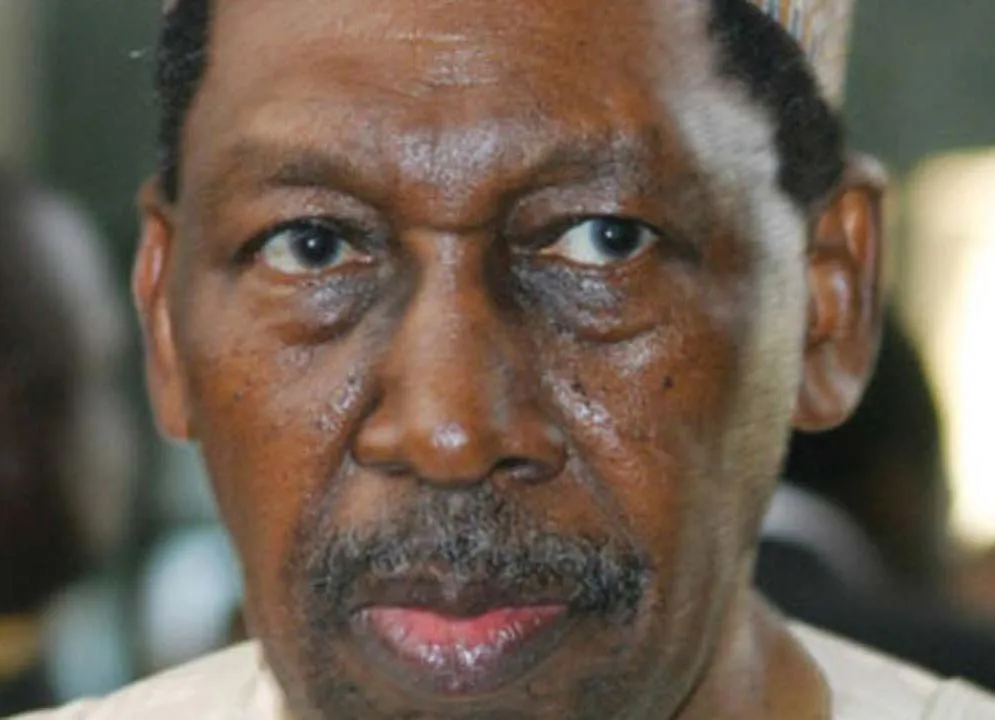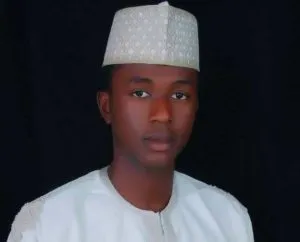

The writer
By Ibrahim Lawal Ahmed*
It is understandable that there are calls for reforming the electoral system in Nigeria. The mood of the nation in the aftermath of the recent General Election makes such calls understandable although the idea of what to reform and how to reform are not to clear. Those suggesting brilliant electoral models and clauses to amend in the electoral acts appear to be concerned with managing resources and time and reducing human involvement. How some of the models such as Polling Unit Machine would save fund and deal with other serious issues I will highlight soon remain unclear.
While I am not disagreeing with developing E-Voting System, I think Nigeria needs to dust Justice Uwais Report on Electoral Reform. Reviewing such report, I believe will go a long way in addressing many over-arching electoral issues. It will equally save time and resources as to be a better alternative to setting up an entirely new Committee. The rest of this piece is devoted to the basis of my argument.
Locating the suggestions in the 2019 general election would be a good starting point. The elections seem to have been a different kettle of fish in the history of elections in Nigeria. It has come and gone but leaving a taste that will certainly influence future political behavior, specifically attitude to voting. After 2019, the attitudes and belief of many people regarding what they view as politics will not be the same again. In other words, the character of the 2019 general election is bound to shape the political culture. It is certain to be the subject of many academic essays and theses in the universities too.
This background makes the advocacy understandable. But, while I go along with those making such suggestions, the models that have come out appear to have come from those who are more computer oriented than social science oriented. They seem more concerned with internal (administrative) factors than external factors. I believe developing a new electoral process or reforming the existing one must fully appreciate the character of the 2019 general elections and two socio-political factors which are exogenous to the system.

INEC Chairman, Prof Yakubu
The character of the 2019 general election can be summarised as 3Vs: Vote buying, Voter apathy and Violence. Vote buying is now an open practice. Party agents have become like brokers. One votes for a party and gets paid. Votes have become so cheap a commodity.
The rate of spontaneous occurrence of violence in the election is scary. Rivers State Gubernatorial Election had to be cancelled twice. In Lagos State, many lives were lost, especially in the Presidential Election. The conduct of the ‘inconclusive election’ in Kano State was also marked by spectre of violence. As much as the Police tried to deny it, evidence of what transpired in the inconclusive gubernatorial election in Kano are overwhelming.
Voter apathy may have been general to elections in Nigeria. In 2019, it went to alarming levels. The Presidential Election which has the highest turn-out in the elections has an approximately 35% of the total registered voters. The question is, why the apathy? As poverty persists and inequality gap widens, Nigerian commoners appear to feel that he or she cannot change his/her life through voting. This is confounded by the use of thugs to intimidate voters.
Two socio-political factors are at the base of these phenomena (3Vs) in the 2019 elections and any electoral reform and model must take note of it: indiscipline of the populace; desperation of the politicians and the climate of indiscipline in Nigeria as a whole. As Chinua Achebe rightly emphasised, “discipline is either self-discipline or it is nothing at all”. But, discipline as not just about following due process but doing the right thing at a given place and time is something that is becoming more and rarer in Nigeria. Nigerians know selling their votes is not right, they know thuggery is bad and they very much know that disrupting a queue is wrong. Yet, we readily submit to such vices when Naira is waved at many of us. Indeed, the politicians have instrumentalised poverty in Nigeria. And because a hungry man hears what he or she is told with his stomach, to paraphrase Khalil Gibran, that is working. Politicians in Nigeria want to get power by all means. The 2019 general election showed how disconnected the politicians are with the grass root.
Many of the politicians realized late that the masses, who are the voters, have already understood the incumbent politicians. Buying votes does not guarantee victory, partly because one can buy all the votes. Therefore, they resorted to violence. The love of power has blinded Nigerian politicians to losing as an option. They are guided by a Machiavellian philosophy that “the means justify the end.” For these reasons, whatever reform is envisaged must fully appreciate the indiscipline in the larger society and the desperation of the politicians.
The author, a recent graduate, can be reached at ibrahim.lawal26@gmail.com
Posted from my blog with SteemPress : https://intervention.ng/15970/